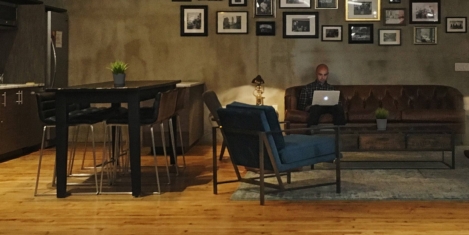July 3, 2018
UK firms may be lagging those of other nations in offering flexible working
 The UK lags behind other nations in the shift to remote and flexible working, putting more emphasis on effective meetings to coordinate scattered teams, a new report, ‘The Modern Workplace 2018: People, Places & Technology’ by software company Condeco has found. The research claims that across the world workers are in the midst of a shift to flexible and remote working – spending more time working from home, on the move or from multiple locations. However, the UK is significantly behind in embracing these trends, which could negatively affect worker satisfaction as well as holding back firms who are competing for the best international staff.
The UK lags behind other nations in the shift to remote and flexible working, putting more emphasis on effective meetings to coordinate scattered teams, a new report, ‘The Modern Workplace 2018: People, Places & Technology’ by software company Condeco has found. The research claims that across the world workers are in the midst of a shift to flexible and remote working – spending more time working from home, on the move or from multiple locations. However, the UK is significantly behind in embracing these trends, which could negatively affect worker satisfaction as well as holding back firms who are competing for the best international staff.


































July 11, 2017
Creativity is the new productivity in the modern era of work and workplaces 0
by Serena Borghero • Comment, Facilities management, Workplace design
More →